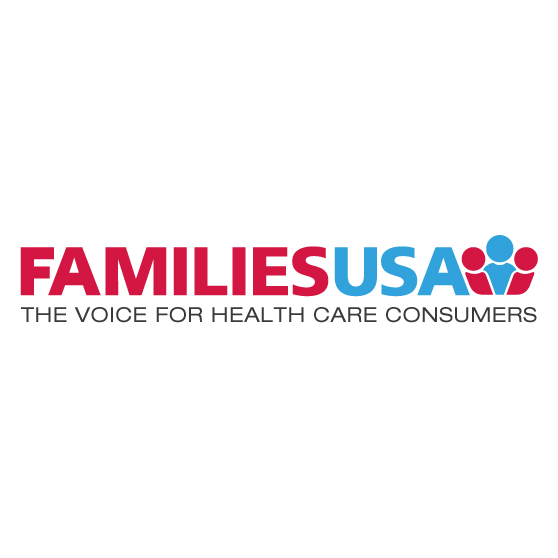
With Graham-Cassidy Withdrawn, What’s Next for Health Care?
09.28.2017
At least for the next few months, Congress has shelved its attempts to take health insurance away from tens of millions of people through severe and partisan cuts to the ACA and Medicaid. This extraordinary result is a tribute to consumers and advocates who raised their voices all across the country, in phone calls to Senate and House offices, town-hall meetings, letters to the editor, rallies, and more.
This accomplishment is worth celebrating, but the fight continues. Vital health care priorities are currently up for grabs, in five main areas.
1. Preventing Congress from financing tax cuts for the wealthy by taking away health insurance from low-income and middle-class families. Both House and Senate officials have announced that, within weeks, they will try to enact a budget resolution that lets the Senate pass tax bills with just 50 votes. Such a resolution could open the door to later partisan legislation that funds tax breaks for rich individuals and large corporations by slashing federal support for Medicaid, Marketplace coverage, and other programs. In the days ahead, Families USA will work with our state and national partners to ensure that Congress never treats health coverage for vulnerable Americans as a piggy bank it can rob to finance tax cuts for the super-wealthy.
2. Stabilizing the individual health insurance market: Senators Alexander (R-TN) and Murray (D-WA) are restarting bipartisan attempts to stabilize insurance markets. Families USA supports bipartisan efforts to 1) permanently fund cost-sharing reductions; 2) reinstate programs like reinsurance that keep premiums low; and 3) fund outreach and enrollment. During these negotiations, senators must retain consumer protections for 1332 waivers so states cannot raise consumers’ costs, cut benefits, or take away insurance altogether.
3. Funding the Children’s Health Insurance Program (CHIP): Funding for CHIP, which covers nearly 9 million children, ends on September 30. Most states have saved enough money to keep children covered for now, but unless Congress acts quickly, states will begin denying health insurance to eligible uninsured children from low-wage, working families. Congress should take immediate bipartisan action to extend CHIP funding.
4. Stopping sabotage of ACA marketplaces: To create the illusion of Affordable Care Act failure, President Trump and his congressional allies are sabotaging marketplaces to undermine enrollment and further inflate premiums. They have deliberately created uncertainty about basic market operations (like paying for legally-required cost-sharing reductions and enforcing the individual mandate); cut the open enrollment period in half and scheduled it to coincide with holiday-season pressures; slashed funding for in-person enrollment assistance; limited public information about available coverage and how to enroll; and even shut down the healthcare.gov website to prevent sign-ups on Sundays—precisely when many working people are trying to go online, learn about their options, and obtain health insurance.
5. Preventing state waivers that take away health insurance from vulnerable populations: Both Medicaid waivers and waivers under ACA Section 1332 could become vehicles for imposing new roadblocks to coverage and care. These roadblocks could include cost-sharing requirements that are unrealistic for low-income consumers; Medicaid time limits for experienced workers doing low-wage jobs without health benefits; paperwork barriers to enrollment; and denying all health care to people with substance use disorders. Opposing these dangerous and harmful policies will require effective engagement at both state and federal levels.
Consumers and advocates won a tremendous victory forcing congressional leadership to take the radical, dangerous Graham-Cassidy bill off the Senate agenda. As work continues to protect and improve health coverage and care, stay tuned to Families USA to learn about future developments.




